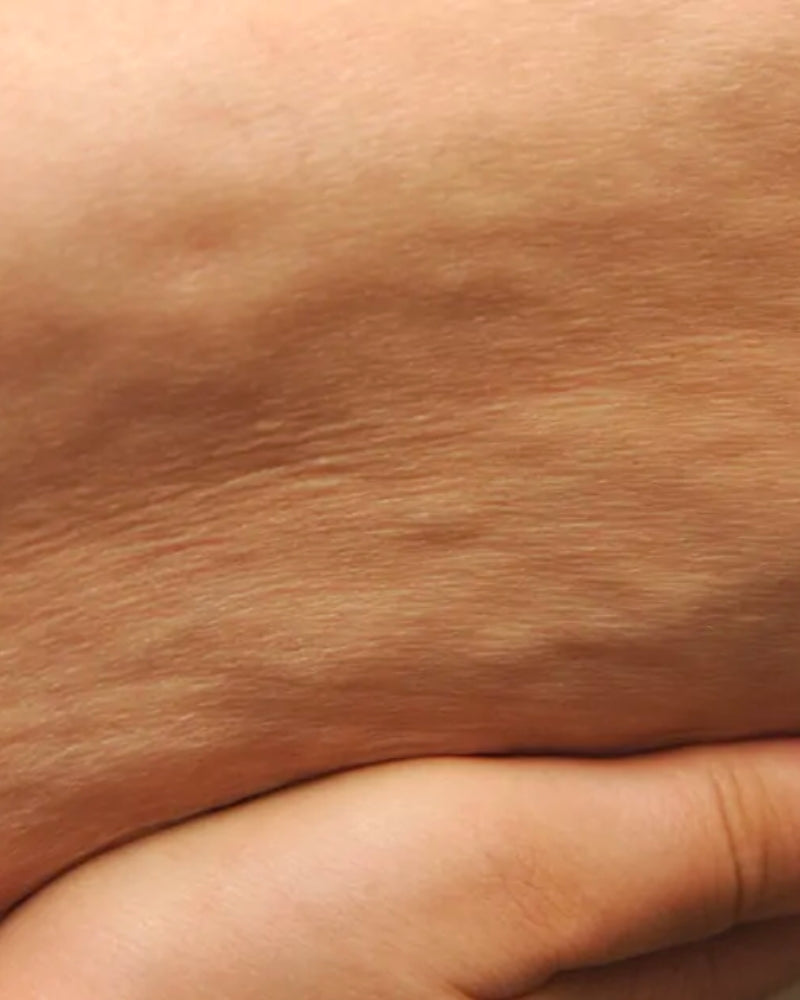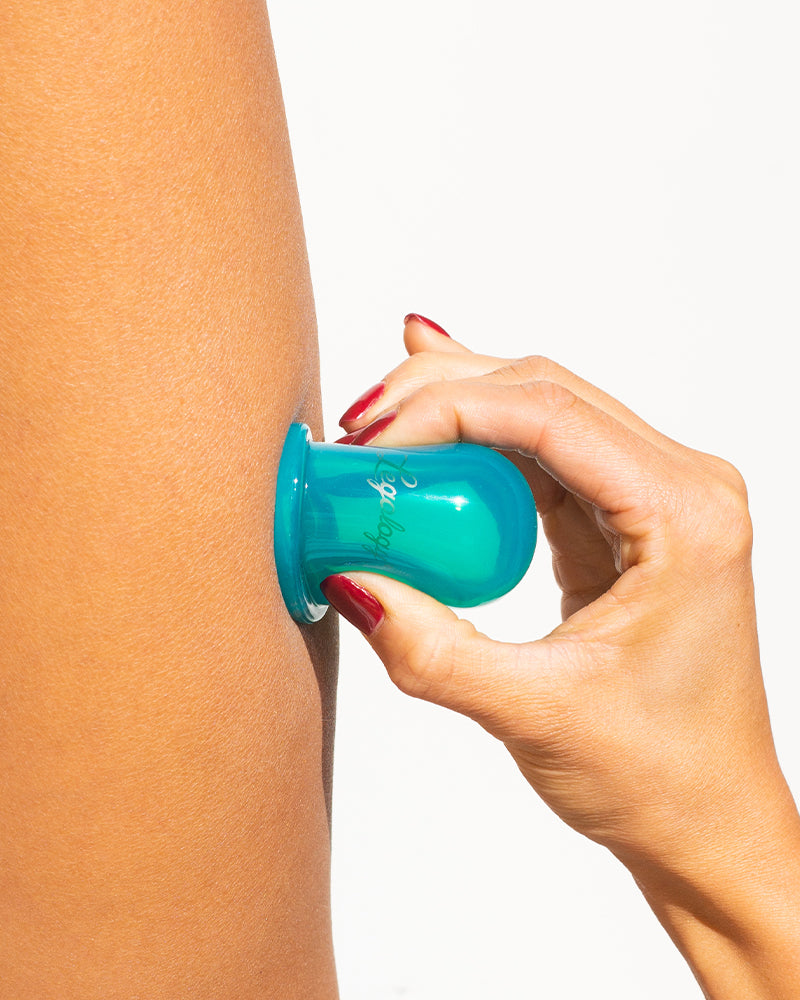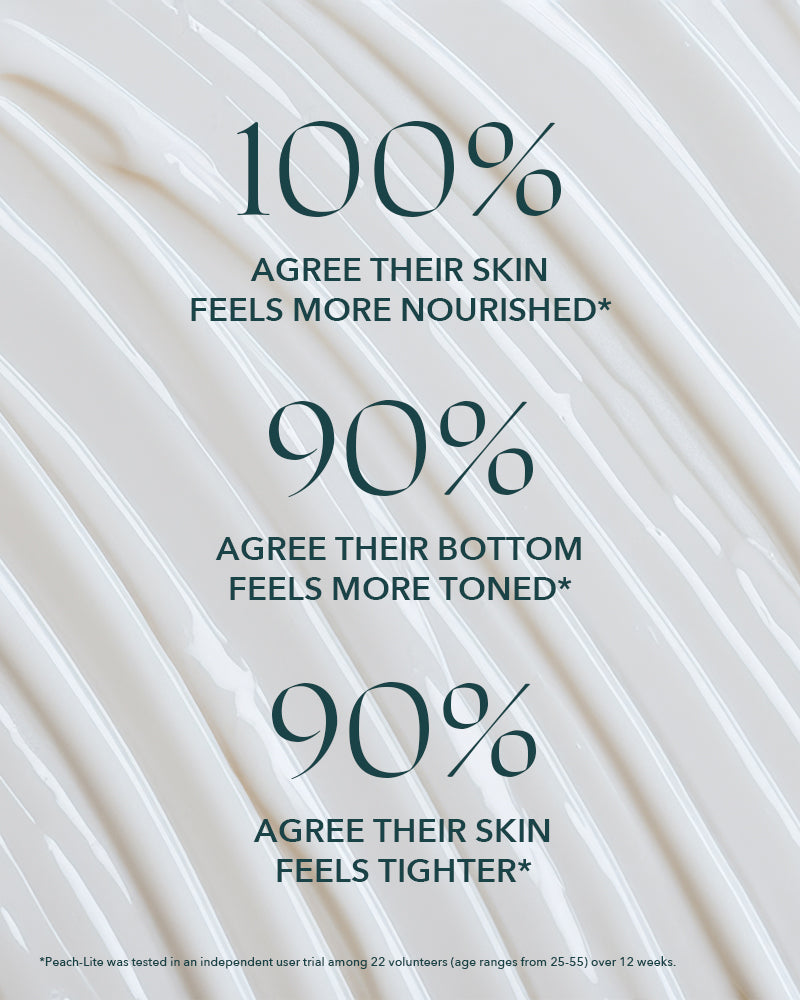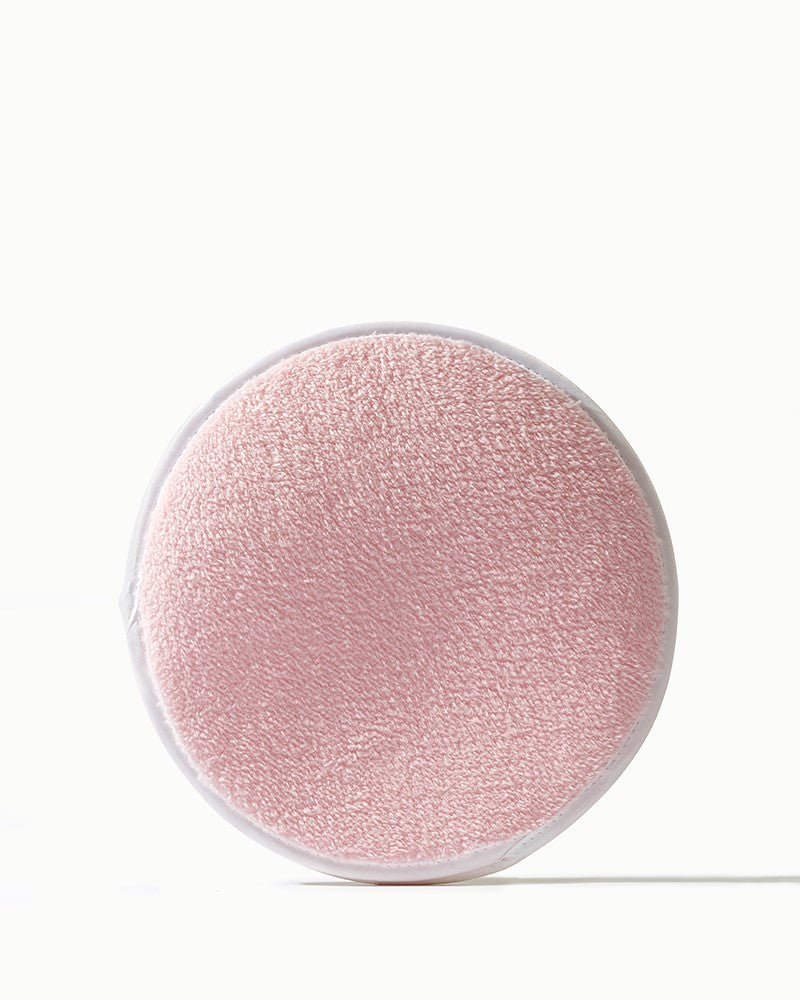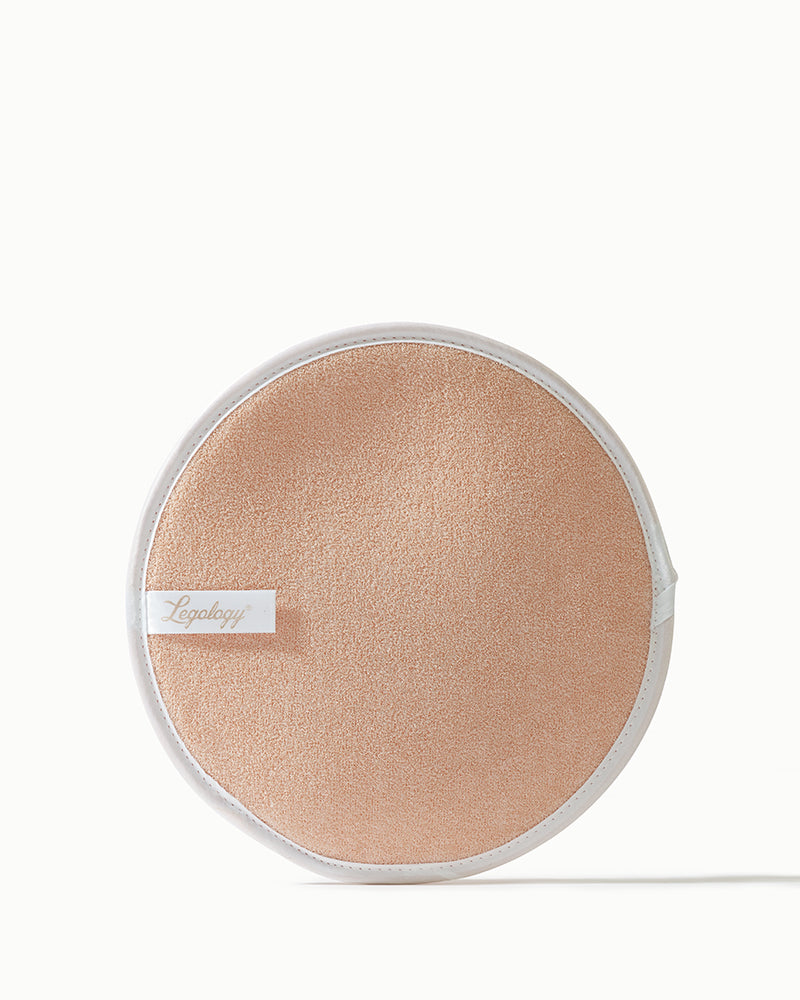Restless Legs

Are you one of the many people who wake up throughout the night with fidgety, itchy legs and an overwhelming urge to move your limbs? This is a problem that affects both men and women and mostly at night, but it also happens during the day, and it’s called Restless Leg Syndrome (RLS). The symptoms vary from mild to severe as an uncomfortable crawling, creeping or itching feeling right through to an involuntary jerking of your legs which can affect a person’s quality of life.

So what causes restless legs syndrome?
Annoyingly, there is no obvious cause. The sensation, which some describe as being like bubbles fizzing up their legs, can run in families, however, and it can arise for the first time, or get worse, after pregnancy and during menopause.
Some neurologists (experts in treating conditions that affect the nervous system) believe the symptoms of RLS may have something to do with how the body processes a chemical called dopamine. Dopamine is involved in controlling muscle movement and may be responsible for the involuntary leg movements associated with restless legs syndrome.
In some cases, RLS can be caused by an underlying health condition, such as iron deficiency anaemia or kidney failure. This is known as secondary RLS.
RLS can affect anyone at any point in their life. But women are twice as likely to develop it as men. It’s also more common in middle age, and there is also a link between RLS and pregnancy. About 1 in 5 pregnant women have symptoms in the last 3 months of their pregnancy, although it’s not entirely clear why this is, and it usually disappears after the woman has given birth.
Similarly, RLS has been found to manifest during the menopause. One study, published in the US Menopause Society’s journal in 2007, reported that 53% of women over the age of 44 who suffered sleep disturbance (often linked to menopause) also suffered with RLS. It’s thought that the cause here is to more to do with the random activity of female hormones oestrogen and progesterone at this time; in the lead up to the menopause, it’s thought that the loss of oestrogen impacts on the muscles’ ability to relax.
There are other triggers that don’t necessarily cause RLS but can make symptoms worse, including medications such as anti-depressants, some anti-psychotic drugs and antihistamines. Excessive caffeine or alcohol, smoking, being overweight and stressed can all also make RLS worse. Magnesium deficiency is also widely thought to contribute to the problem because it causes problems with nerve impulse conduction, muscle contractions and cramp.
Treating restless legs syndrome
Mild cases of RLS that are not linked to an underlying health condition may not need any treatment other than making a few lifestyle changes, such as:
- Following a regular bedtime ritual, sleeping for regular hours, avoiding alcohol and caffeine late at night.
- Stopping smoking – here’s another good reason why!
- While the jury is out on exercise – some believe it helps, others not – stretching your leg muscles by pointing and flexing your feet is definitely beneficial.
- A hot bath can help before bed with a couple of cups of Epsom salts added to the water; the magnesium in it can be absorbed through your skin; alternatively try rubbing magnesium oil into your body after a shower/bath, even onto the soles of your feet.
- Drinking water – upping your intake can’t hurt. Or drink herbal teas. A dash of turmeric powder or cayenne added to a glass of fresh lemon juice and ginger may also help circulation and stop cramps. You might even find a small glass of tonic water (without the vodka or gin!), which contains quinine, before bed will lessen your muscle contractions.
When symptoms are more severe, you may need medication to regulate the levels of dopamine and iron in your body. And if RLS is caused by iron deficiency anaemia, iron supplements may be all that’s needed to treat the symptoms.


